We caught up with the brilliant and insightful Michael Serpe a few weeks ago and have shared our conversation below.
Michael, thanks for joining us, excited to have you contributing your stories and insights. Can you share an important lesson you learned in a prior job that’s helped you in your career afterwards?
I try to learn something from every project I work on. From the biggest, months-long musical to a single-day shoot. Even if the lesson is what not to do. When I first started, I made a promise to myself that the day I complete a project and say “I didn’t learn anything from that” is the day I get out of the business. For the good of the industry.
The most important lesson that I’ve learned as an actor is to leave your ego out of the equation. It’s a lesson I have to learn repeatedly. But I believe that as actors, we serve the writer and the director of the piece. If they were a fine artist, we’re their paint or clay. Granted, we’re smart paint and smart clay. And if it suits the project, a director may give you time to play and find what works. But ultimately, you’re working towards their vision. If you have a problem with that, feel free to write or direct.
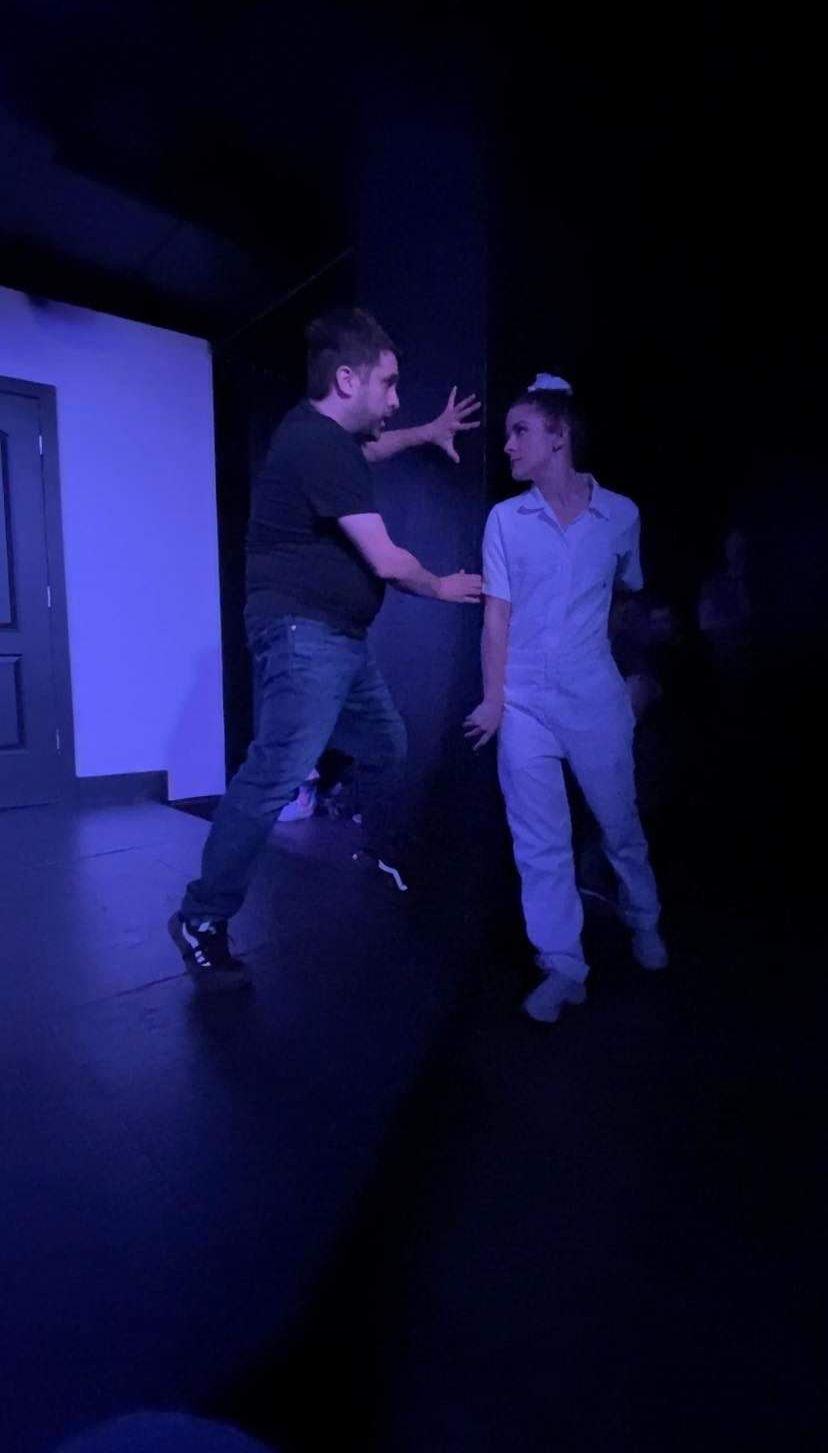
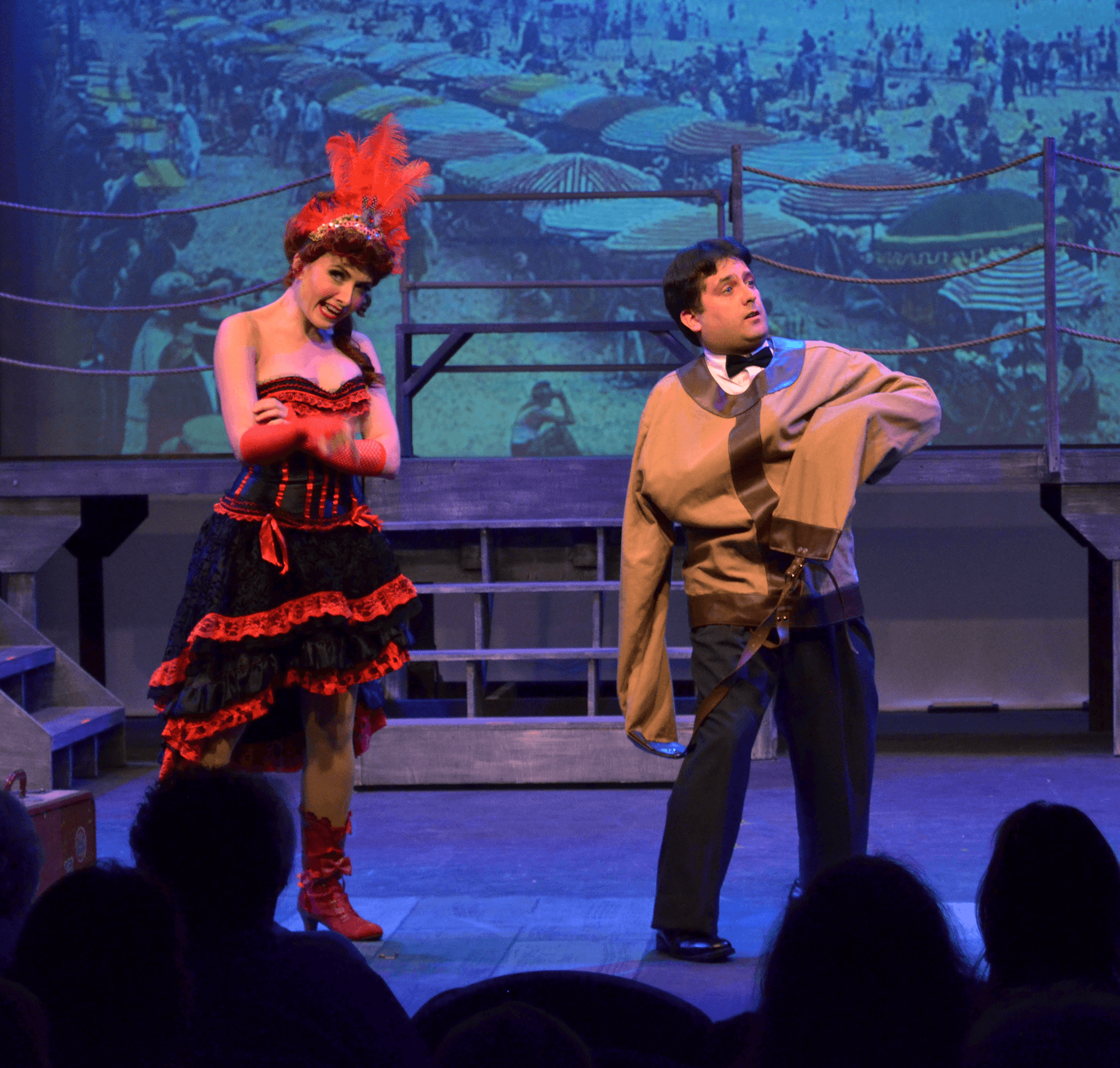
Michael, before we move on to more of these sorts of questions, can you take some time to bring our readers up to speed on you and what you do?
I have been acting for over half my life. I developed an interest in acting at a young age after learning that a popular cartoon voice-over artist grew up in my town. From there I acted in every show that would have me: school plays and summer theatre camps. As a child, I dealt with depression, and I was so amazed at how welcoming the arts was. That I would be allowed to have fun with these very talented people.
After college I began training in stage combat and shortly after being welcomed into the world of community theatre, was trusted enough to be the fight choreographer for dozens of productions in New York, New Jersey and Connecticut. As a choreographer, I hold onto my Two S Principle: Safety and Storytelling. Making sure the actors feel safe at every part of the rehearsal and performance process. And using movement to further tell the story, and help the audience learn more about the characters.
The singular project I am most proud of, however, is You Are Not Alone: An Uplifting Show About Depression. An Improv show that helps confront the stigma of mental illness. Our show is reaching its 10th anniversary performing monthly at venues in New York City, as well as festivals throughout the country. I like to think that the younger me would be very impressed and proud to foster a community of his own.
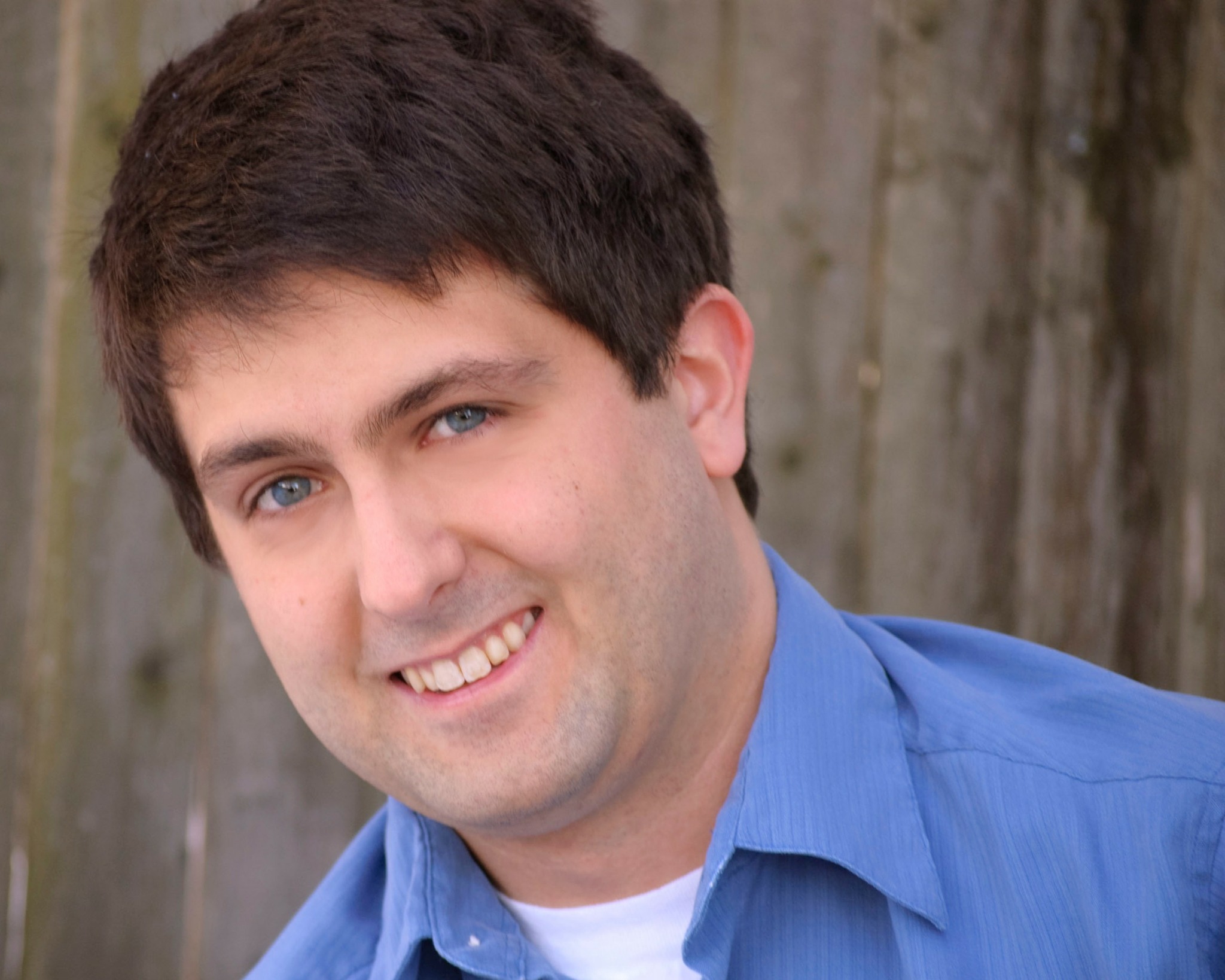
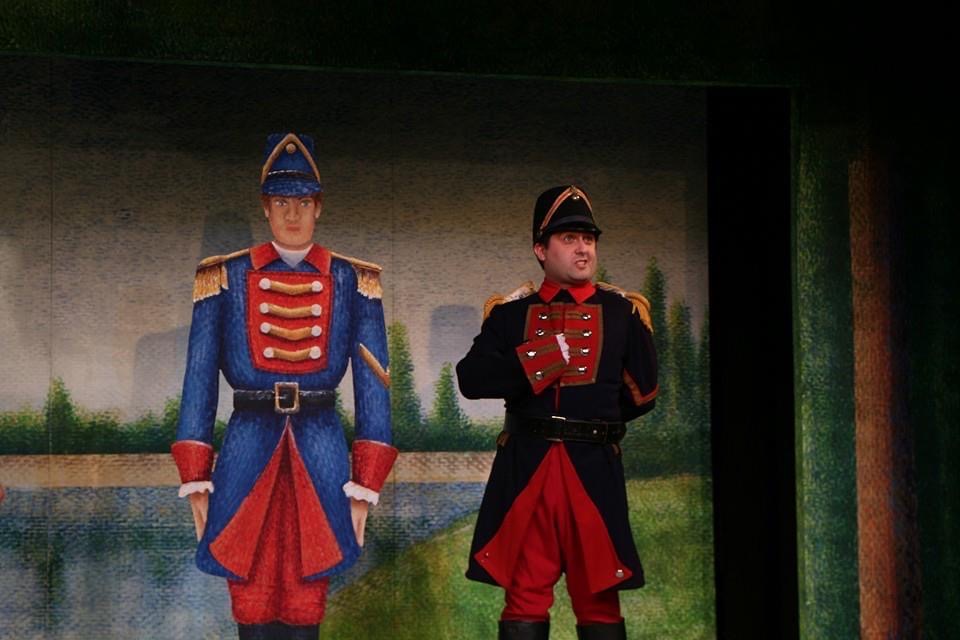
What do you think is the goal or mission that drives your creative journey?
My goal in any artistic endeavor I take on is to create an environment that is welcoming for performers and audience alike. The same way that this weird, shy kid was welcomed with open arms in his first school plays is the feeling that I’m constantly chasing.
Even when I’m fight choreographing, I never ask an actor to do anything that I myself wouldn’t be willing to do. I love working with actors who have never done anything physical on stage. Helping them access emotions and perform sequences that they themselves didn’t believe they could is just an incredible feeling. You don’t have to be a super-athlete to perform an exciting fight sequence. I’m sure not!
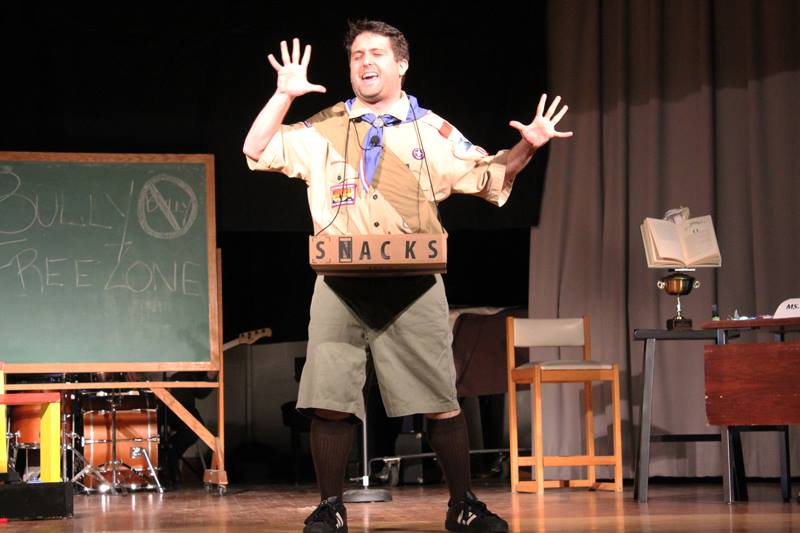
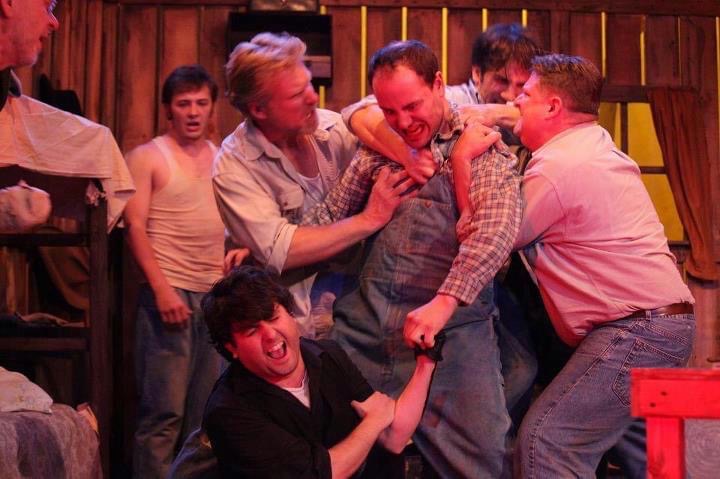
Is there something you think non-creatives will struggle to understand about your journey as a creative?
I have many cherished friends and family members who are not in the field When I started acting, I think most of my family was surprised, because I was an incredibly shy child. And truth told, when not in a performing context, can still be shy. “How can he get on stage when he used to hide at family Christmas parties?” But when I’m performing, I get a modicum of escape, it isn’t ME up there, it’s the character.
I would encourage them to see more theatre, and not just mine. See how hard everyone in a production works. From the actors learning lines, songs and dances; to the details in the set, costumes and lights. See if you can spot the musicians playing for you live. And know that unlike a movie or tv show, you’re experiencing it in the moment with the performers. I’ve watched shows that had something go wrong. Even a microphone going out or a wardrobe malfunction. And seeing everyone come together, adapt on-the-fly and solve the problem.
Contact Info:
- Instagram: @BadCaseOfSerpes
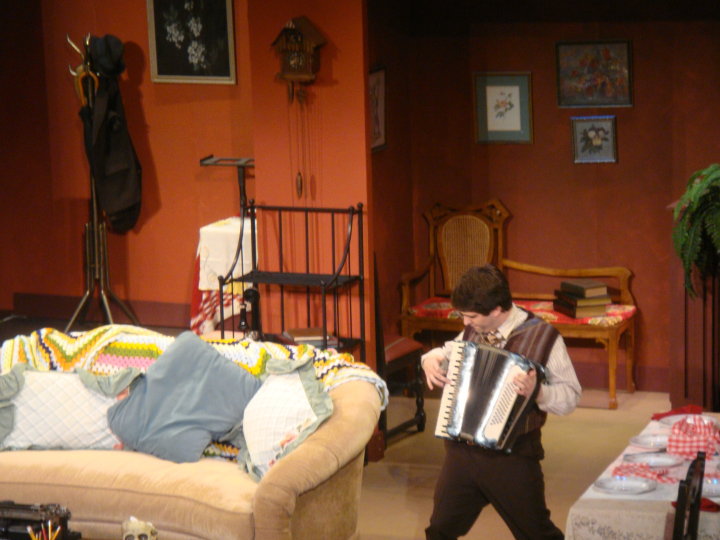

Image Credits
Blue Haus Photography, Joy Arzaga, Deb Failla, Jennie Marino, Alan Zenreich, Betsy Franco-Feeney, Jason Farr, Meghann Flynn


